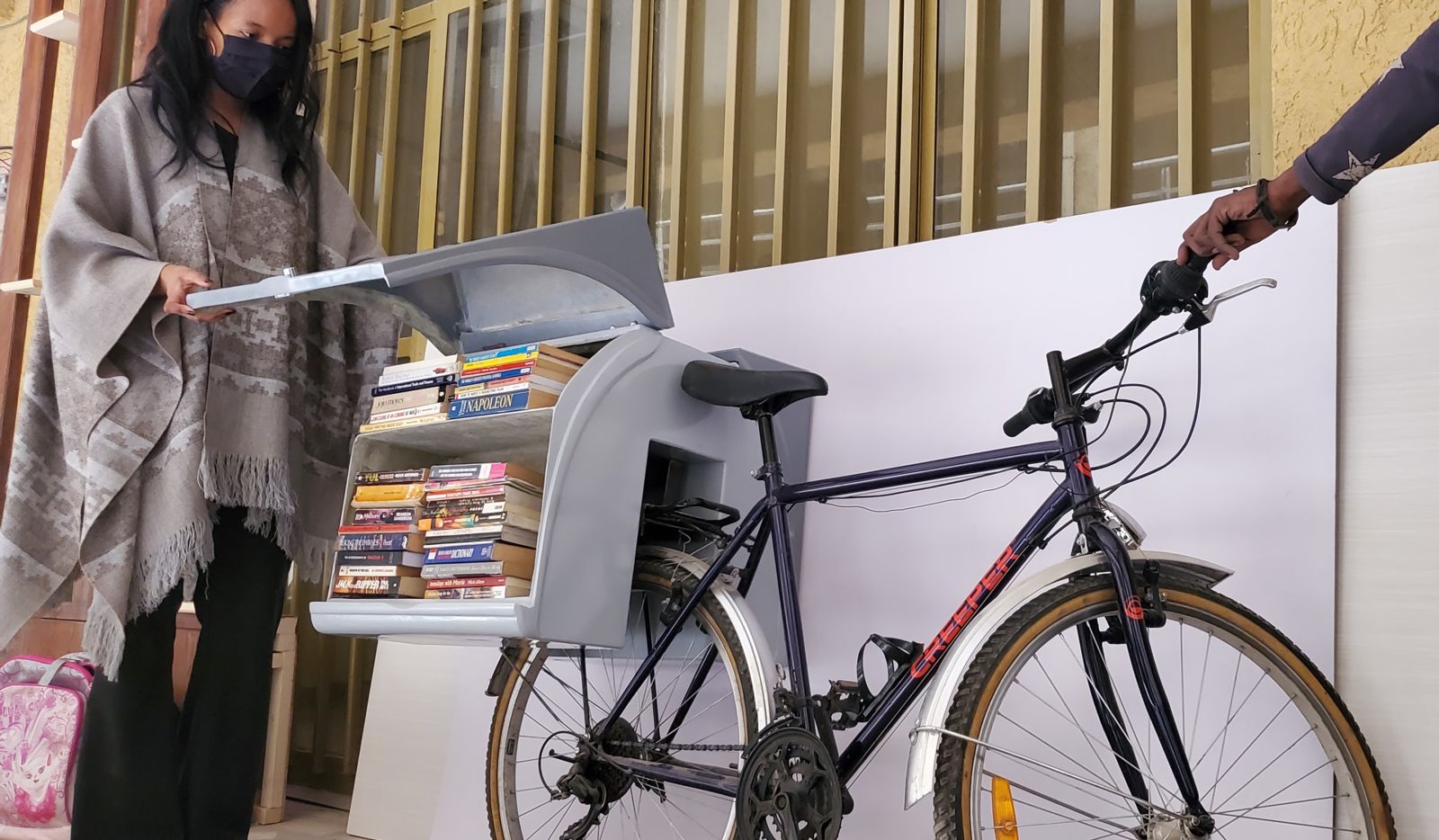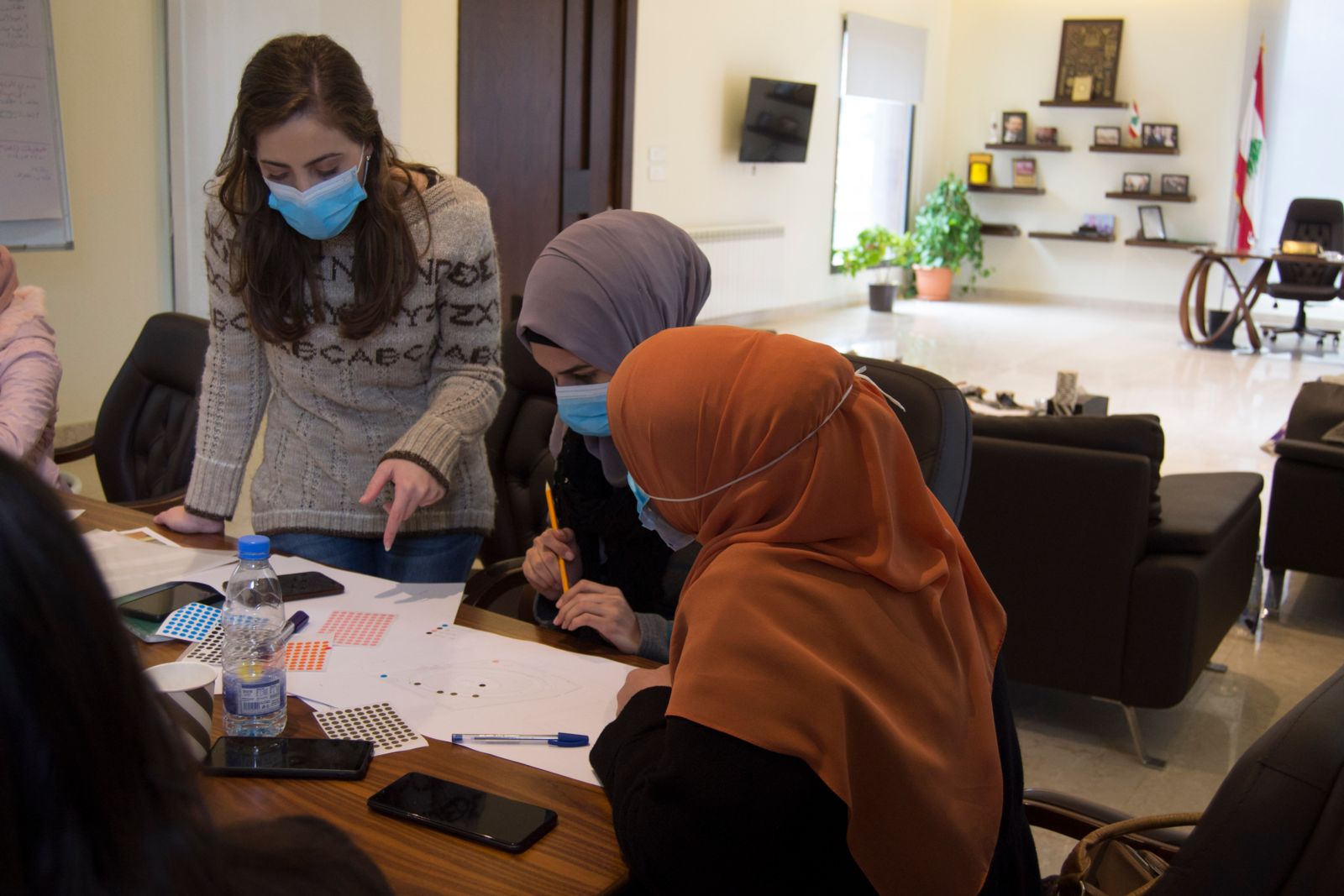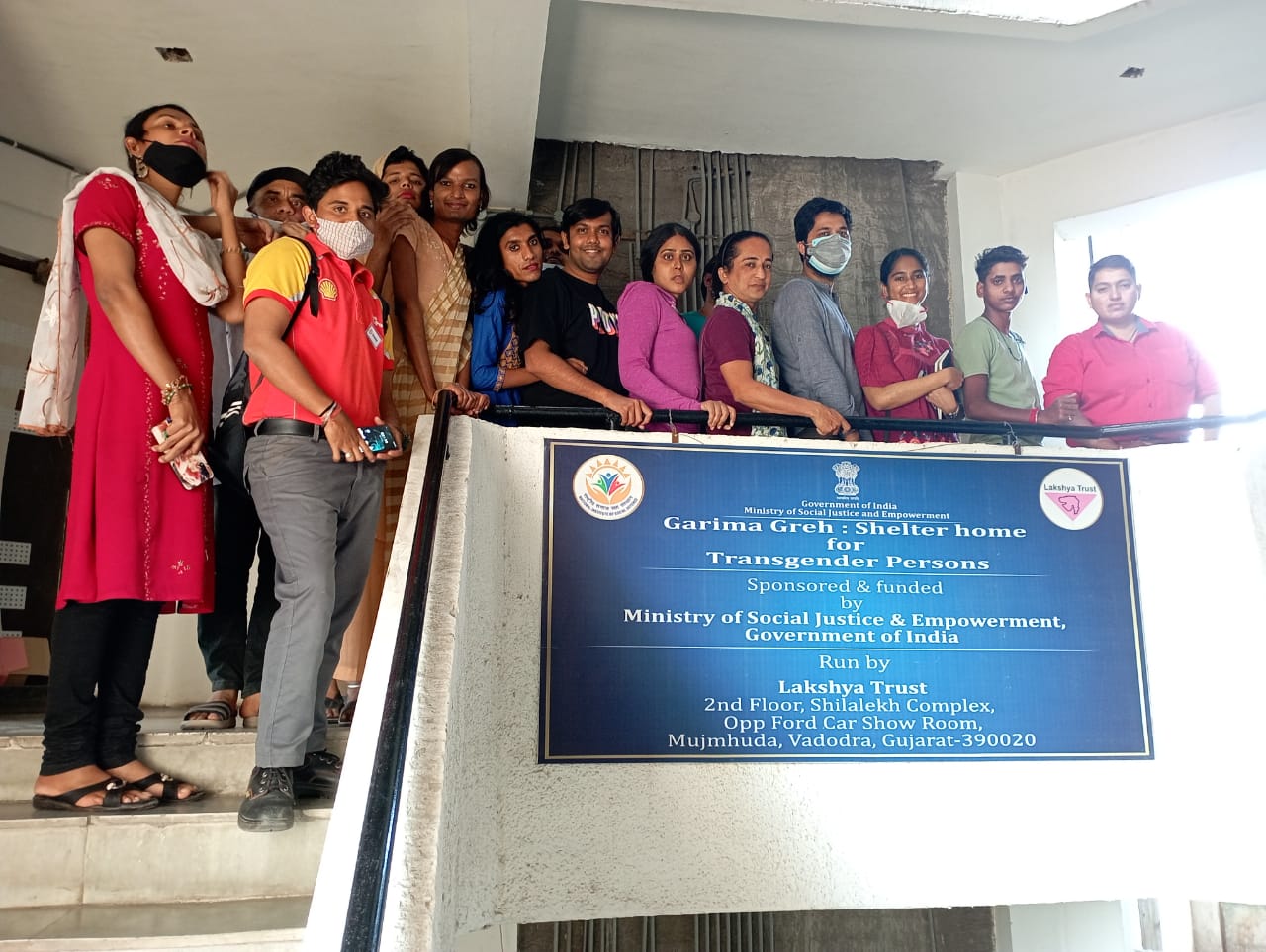Student Winner Reports - 25th AnniversaryBenard AcellamAssistant Architect at DE-ZYN FORUM LTD, Assistant Lecturer in Architecture at Makerere University
Designing for and with people and the environment. I have been involved with the Berkeley Prize since 2010 when I participated in the essay prize competition as a first year architecture student. The knowledge acquired through participation in 5 competition cycles and subsequently through involvement in reviewing the student submissions as a committee member has greatly shaped my understanding and practice of architecture and urban planning. In a nutshell the Prize birthed and grounded my belief that architecture should be about people, and secondly that consideration for the environment is of utmost importance. I continue to translate this knowledge into practice chiefly through ensuring that people’s needs, desires, aspirations are at the center of the spaces and places I create, and that I design with the environment. Working in a developing country context such as Uganda provides a myriad of problems but also opportunities to tailor make architectural solutions to that show that people and the environment matter. My professional life as an architect is about tackling these challenges and opportunities one through each project I undertake. As an educator, it also means sharing my approach and beliefs with students and inspiring them to develop their own thoughts about design and its role in society. The Prize remains an invaluable source of inspiration and knowledge in my career in practice and academia. Winta AssefaArchitect, Visual Artist, and Storyteller
I'm named Winta—pronounced the way British people say 'winter'—and I'm a Saudi-born architect, visual artist & storyteller currently based in Addis Ababa, Ethiopia. I participated in 2020 at a time when I had to rush work for my final year of university, and I had no idea how—or if—I would practice architecture after graduation. The announcement changed a lot of things for me. I'm still an indecisive night owl who has difficulty leaving her house. You can find some of my work here: @wintaassefa1 on Youtube, Instagram & Medium. Philipp GoertzB.Sc. Architecture, Master's Student at RWTH Aachen University
Back in 2018, when I was writing my essay for the Berkeley Prize, I stumbled upon a book called “Small is Beautiful - A Study of Economics as if People Mattered” by E.F. Schumacher. Its content strongly influenced me on my trip to Japan. A trip, that I owe to the Berkeley Travel Fellowship, and that left me with deep gratitude for the joy felt discussing architecture with like-minded students as well as being able to visit beautiful clay-plastered architecture. During my time working on the essay and my visit to Japan, I felt that in architecture there is the possibility to genuinely engage with people and create a world in which people matter. This attitude carries on in my architectural works. Recently, I won with a friend the second prize in a student competition, in which we worked on the transformation of Berlin Siemensstadt. Today, four years after my trip to Tokyo, I am working on my thesis project at RWTH Aachen University. And again, there is Schumacher's book next to me. The thesis deals with a deeply troubled place in the city center of Aachen that I seek to make a place in which people matter. Khushali HajiResearcher and Writer
I'm very proud to be a recipient of this prize. The process of writing and researching the essay helped me understand a lot about where my interest professionally lies. Researching the communal history city with an architecture student helped us both broaden our understanding of how buildings fit into their political and historical contexts. It helped us understand that architecture and urban design, far from being apolitical, are always rooted in the conflicts or politics of their time, and how much of an impact these buildings themselves have on the community that uses them. Currently as a researcher, writer and theatre artist, I always attempt to be critical in the questions I ask, of the answers I find and how I present them to my audience. The prize (along with significant financial aid) helped me understand my voice and interest in writing on socio-political and personal narratives in cities in the South Asian context. Ghina KanawatiArchitect and Researcher, CatalyticAction
When I was still a third-year undergraduate architecture student four years ago, I decided to dust off my writing skills and participate in the Berkeley essay prize competition. I felt lucky that the 2018's essay question was broad, challenging and applicable to my hometown: Beirut. I weaved the knowledge and experience I collected into a heartfelt essay that won second place. Among the many things the award gave me was an incredible confidence boost in my potential and what I can offer my community as a professional. The Beirut Port Blast occurred just after my graduation on August 4th 2020. Soon after, I was on the wounded streets of the city I got the chance to write about, participating in recovery projects to help my city stand back on its feet. These experiences led me to my current work position as an architect and researcher at CatalyticAction, a charity that empowers vulnerable children and their communities through participatory built interventions in public spaces across Lebanon. We co-design these interventions through a process that engages the community members in participatory activities enabling them to take ownership of their spaces. The most rewarding feeling is when a child feels heard and happy to see a project to which they contributed become a reality. I'm proud of the impact we are creating and excited about what the future holds for me. Saavi NatekarFinal Year Architecture Student
In 2021, we asked ourselves, “As a future architect, what is the best way you can serve the needs of our local community?” We came up with multiple solutions, and interacted with different people striving in their own way towards a common goal. In a country like India with diverse social issues, we as architects and designers need to actively interact with the community to build better solutions. In our search, we connected with various others seeking the same answer, from Harshil in TAP working towards better infrastructure for slum children to Hannah from Hatch Workshop striving for dignified homes for construction workers. Design can act as a tool to uplift communities and be an aid to mitigate the issues. This understanding helped me translate my knowledge into the Vangad Project. The Vangad Project is a student initiative funded and supported by Center for the Living City, the Urban Design Collective and NASA India under Observation and Action Network Fellowship 2021. The project is a collaboration with the Vanarmare Tribe to work towards improving housing for the tribe through skill development and financial aid. Oprah OmekaFreelance Photographer
The Berkeley Prize broadened my knowledge and interest in the social art of architecture through exposure to projects globally that have explored social inclusion in architectural design. I appreciate the role local communities play in shaping architectural spaces through their customs and lifestyles. Therefore, I aim for careers in architecture and architecture-related fields that give room for consistent collaboration with clients and occupants of spaces to design new long-lasting and evolving spaces, renovate existing ones, and develop a network of like-minded individuals for future projects. I am currently self-employed as a freelance photographer. I like to understand how people think and why the think the way they do. Interacting with them in organically occurring situations and photography sets gives me the opportunity to see their perspectives. Ushna RaeesArchitect at arcop
Berkeley Prize was one of the best experiences of my life. It inspired me to pursue a career that focuses on community development and social art of architecture. In my professional practice, I still try to apply my Berkeley Prize essay idea i-e Communicating with the Society through the Social Art of Architecture. I’m currently working at arcop as Project Architect on several AKDN and AKESP schools in different districts of Gilgit Baltistan and Chitral. All schools are currently under construction. Although the primary intent of design is to promote youth education, but all schools through their flexible design aim to facilitate and benefit the community, in terms of cultural enhancement and agro biodiversity. They offer an alternative approach to learning through smart and experiential spaces. The program accommodates smart classrooms, e-library, multipurpose halls, auxiliary spaces, enclosed corridors with incidental and interactive learning spaces. The flexibility of spaces allows the appropriation of program throughout the day by engaging people of all age groups, fueling to an improved and connected living for the community. The use of vernacular materials creates a sense of place and belonging, amalgamating the building with its context. The main idea revolves around uplifting the entire community, encapsulating social sustainability through design intervention. Hadas RixProject Manager, Capital Projects, the University of Bristol
As the Berkeley Prize Travel Fellowship winner (2005), I attended the UIA conference in Istanbul and participated in the first global studio. The workshop in Zeyrek, a deprived neighbourhood and a World Heritage Site, introduced me to concepts such as gentrification, preservation vs restoration and social engagement in practice. This early career experience had a life-changing impact and for many years I supported the Berkeley Prize Project as a reviewer. In the following year, my B.Arch final project focused on social architecture in a deprived neighbourhood. The project won first prize in the Israeli Planning Association student competition. Following my conservation experience in Zeyrek, I founded a conservation consultancy in 2010 and was privileged to promote cultural heritage and design the restoration of significant buildings as a conservation architect. The Berkely prize provided me with the confidence to write about architecture, and I have prepared over fifty reports and heritage statements on listed buildings and heritage sites. In 2019, I moved to the UK to complete an MSc in Historic Building Conservation at the University of Bath. My dissertation on issues of authenticity when conserving historic imitative crafts was published in two papers in the Journal of Architectural Conservation (Tylor & Francis). Reva Saksena Architecture Graduate
I recently completed my undergraduate architectural program. My thesis project was 'Social Inclusiveness through Design: Development Centre for the Transgender Community at Vadodara, India'. This was an extension of the research undertaken for my Berkeley Prize 2021 Essay. I reached out to NGOs, volunteers, and members of the Transgender Community who helped test the feasibility of my Essay and further my design proposal, albeit theoretically, into a valid architectural realisation. While conducting interviews and documenting the community’s living conditions, I realised the valuable contribution of community participation in making architecture a truly social art. The outcome was an architectural model for the Trans-community, designed as an 'in- transit' complex to support Community members to develop necessary skills of economic value until they can become independent and live with pride. The Model caters to the essential needs of the trans-community: safety, privacy, and 'own' space. I hope that I will be able to take my architectural model to the wider architecture community and influence decision-makers in the government or elsewhere. Gunraagh TalwarArchitect, Better Bhalswa
Every year, as an architecture undergraduate, I would write for the Berkeley Prize. This was an opportunity to introspect and reflect on my thinking as an aspiring architect. In the first instance, with the travel fellowship, I was building with Gambia in a community-building initiative. This was my unlearning, imbibing in me greater nuances of building - as a verb over noun - with the ability to shape a greater space than tangible. The prize and its annual prompts also raised me to question conventions, be it worldly concerns, or our professional practice. Believing in us to be mediums to change, I have led a bottoms-up initiative for Delhi’s worst at Bhalswa since 2020. As professionals skilled in multidisciplinary domains, we are fantastic collaborators for driven teams. Adopting unique lenses through collaborations, my team has developed an ecosystem of solutions for a Better Bhalswa. Devising solutions in space and beyond, I bring value through design strategy. In a profession obsessed with the act of building, I am an architect who is yet to build their first building. I still think I’ve built a lot, and for this, I have much to be thankful for.
|

.jpg)

.jpg)
.jpg)

.jpg)
.jpeg)
.jpg)
.jpeg)

.jpg)